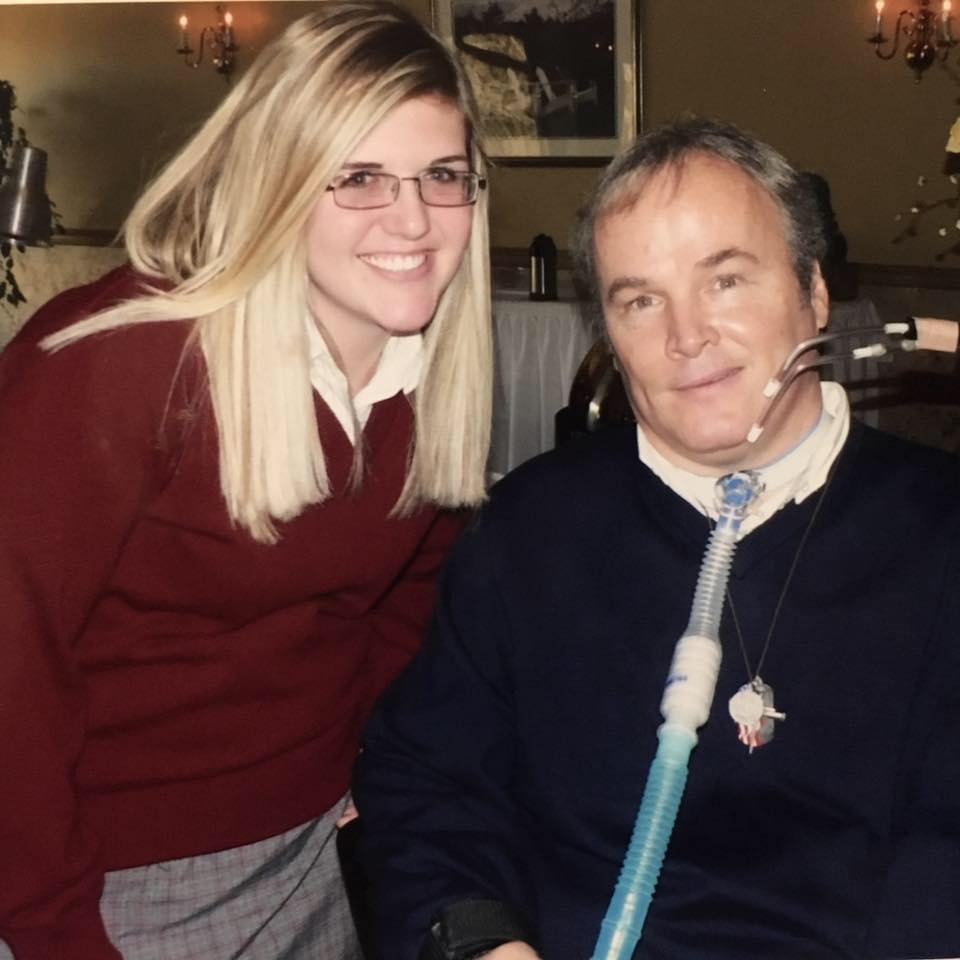The following post was written by The Christophers’ Jerry Costello:
I remember once, years ago, writing a Christopher column about a nun who made a project of sorts out of Gregory Peck, the actor. She had been on an NBC tour when he was a page and was taken with his voice, and now, a few years later, when he had two or three movie roles behind him, she wrote to tell him she was praying for his success. The point of the column was his reply. Instead of sending a form letter he wrote warmly that her prayers were appreciated, and that he would try to justify her confidence in him. In short, he seemed like a nice and thoughtful guy.
And that, it appears, is something that must run in the family. Stephen Peck, his son, bypassed a movie career of his own to devote his life to veterans of Vietnam, especially those who have been homeless or otherwise down on their luck.
“My Dad was quite pleased with the career choice I’d made,” the younger Peck told Brian Williams of NBC’s Nightly News. “He was certainly socially aware.”
Peck made his choice out of personal experience. A Marine officer who had served in Vietnam himself, he went on to study film at the college level and eventually made documentaries. But it wasn’t exactly what he wanted. In 1990 he directed a film that focused on war and on those who fought them, and in his talks to veterans’ groups he knew he had found his vocation.
“In the film business you have to sell yourself, and I wasn’t very good at that,” he said in an interview with the Los Angeles Times. “But I’m good at helping other people.”
He was even blunter with Brian Williams. “I find Hollywood to be a little shallow,” he said. In addition, he continued, the business of making films is “notoriously unstable.” Instead he turned to military families, and his activism there led to a position of president of U.S. VETS, a California-based organization that has helped thousands of veterans—with an emphasis on those who were homeless.
When Peck returned home from Vietnam, there was no diagnosis called post-traumatic stress syndrome. In those days you were a veteran, period, and if you acted out at all it was simply due to the horrors of war. Some people decided they would help, Peck among them. Now, as the Los Angeles Times article indicates, he can rattle off statistics that help to make his point.
He said that an estimated 20 per cent of all combat veterans suffer from post-traumatic stress disorder, and that of that percentage only about four out of 10 seek any help. Again, from the Times: “The demand for services nationwide is bound to grow dramatically, given thousands of multiple deployments to wars in Afghanistan and Iraq, and there’s no way the Department of Veterans Affairs will be able to answer the need.”
Admittedly Peck can’t solve the problem all by himself, but his organization is doing more than its part. Its outreach, connected to a prominent California hospital, finds veterans who need help and provides them with housing, jobs and counseling. It’s satisfying work, Peck said, and probably stemmed from the documentaries he made as a form of therapy.
“My father was extremely interested in what I was doing,” he told Brian Williams.
Maybe the rest of us should be as well.












